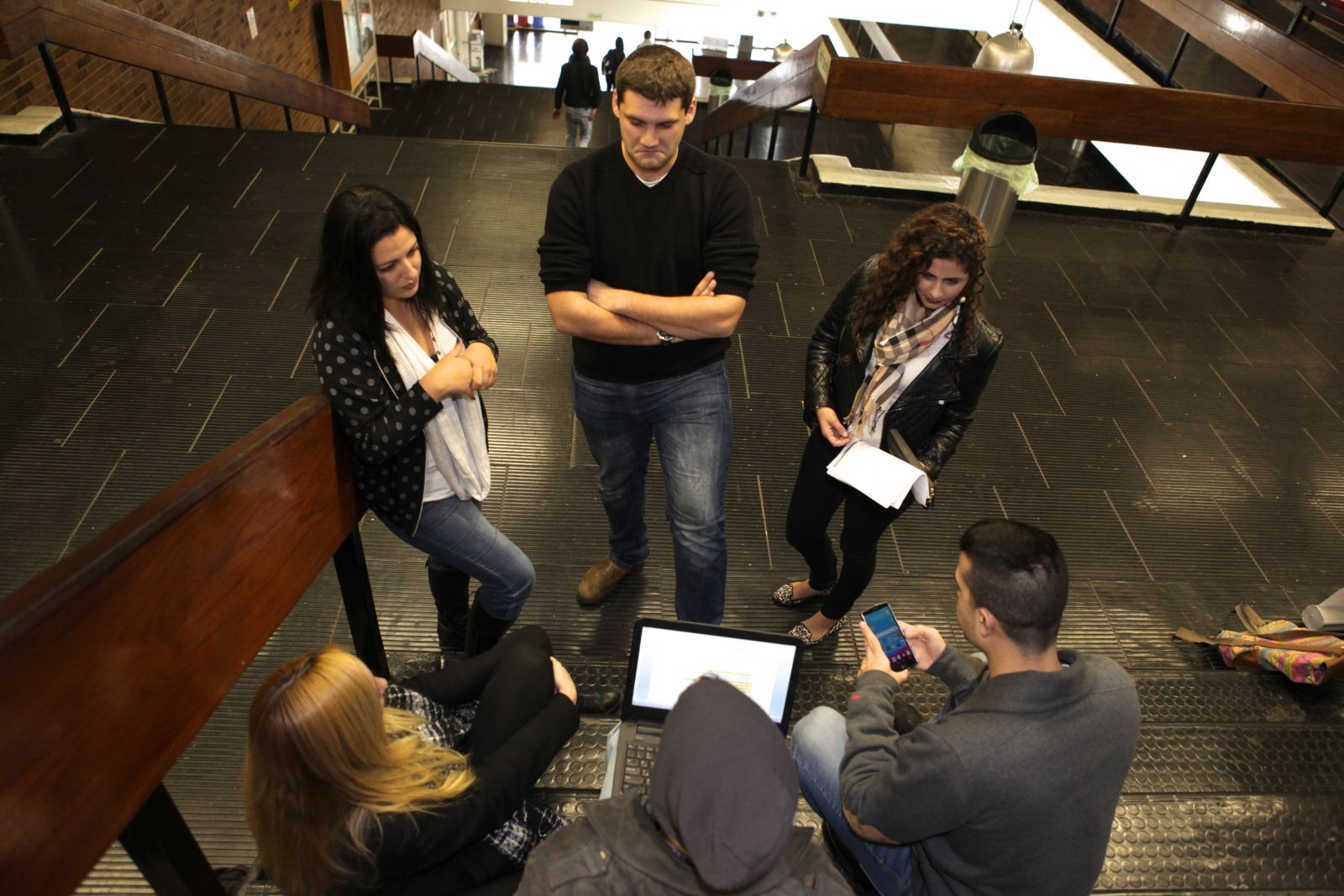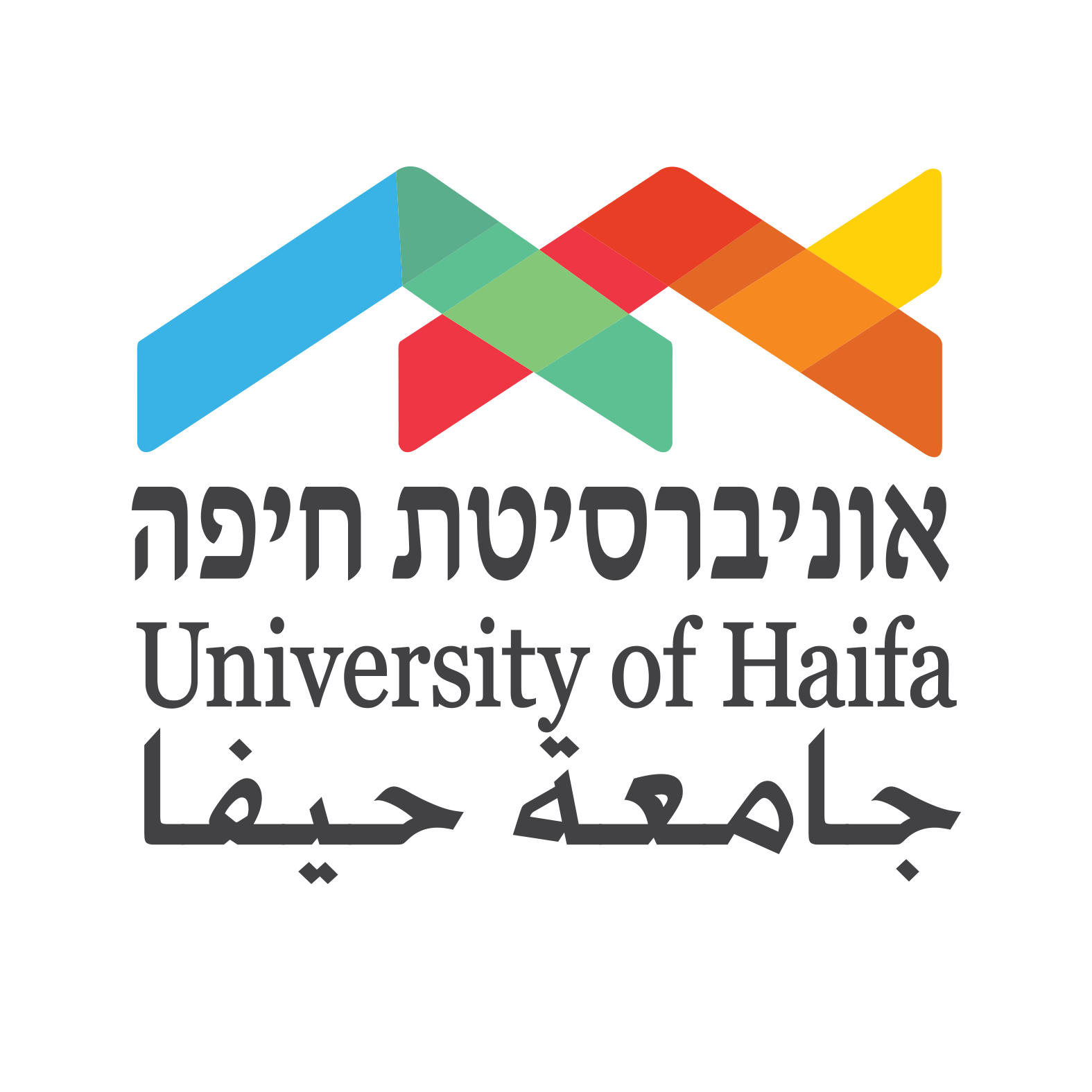
"I have often heard it said by students that participating in the legal clinics has been one of their most meaningful and life-altering experiences in their legal education.” - Dr. Tammy Harel Ben-Shahar, Academic Director of the Clinics for Law and Social Change
The Faculty of Law’s Clinic for Law and Educational Policy strives to promote equal opportunity in Israeli schools.
Since opening its doors five years ago, the Clinic for Law and Educational Policy has become a leading force in protecting the education rights of children and teens from disadvantaged communities through advocacy, high impact litigation and legislation.
“Our students conduct real clinical practice and bring their experiences back to the classroom, contributing to reflective legal education and discourse,” explains Dr. Tammy Harel Ben-Sahar, Academic Director of the Clinics for Law and Social Change. “The clinics provide them with an exceptional opportunity to learn about their true responsibilities and roles as lawyers. The work they do in the Clinic has a profound effect on them. I have often heard it said by students that participating in the legal clinics has been one of their most meaningful and life-altering experiences in their legal education.”
Every year, in the months of August and September, in preparation for the new school year, the Clinic for Law and Educational Policy operates a hotline to grant legal assistance and representation to parents and students whose rights have been infringed upon. This year, the students, under the supervision of Advocate Haran Reichman, the Director of the Clinic for Law and Educational Policy (and the Professional Director of the Legal Clinics), have dealt with about 100 cases, among them the discriminatory refusal of the town of Petah Tikva to enlist five children of asylum seekers to kindergarten. Other cases include a student with epilepsy who claims that he is not receiving the medical care needed in order to safely attend school, several cases of charging of unlawful fees in public schools, grouping students by academic ability in public schools, inadequate learning conditions in Arab schools, and many other issues.
“Our students work tirelessly,” added Haran Reichman. “Thanks to their efforts and expertise, the educational rights of many children have been realized. The Clinic will continue to struggle for equality in education in Israel.” The Clinic for Law and Educational Policy is one of eight legal clinics at the University of Haifa, all of which receive partial funding from the Municipality of Haifa for their activities. The clinics provide legal advice and representation while promoting social change and the rights of minorities, the disabled, women and the elderly, in criminal law, technology, housing, education and environmental policy. The aim of all of the clinics is threefold: to utilize the law in order to promote social justice and the common good, to complement the students’ legal studies and instill in them social responsibility as future lawyers, and to function as research and investigative laboratories of law.
Clinics for Law and Social Change:
• The Legal Feminism Clinic
• The Law and Educational Policy Clinic
• The Law and Technology Clinic
• The Legal Clinic for Human Rights in Society
• The Legal Clinic for the Rights of the Arab-Palestinian Minority
• The Public Defender and Criminal Justice System Clinic
• The Clinic for Law and Maritime Resources Policy
• The Legal Clinic for the Rights of the Elderly

